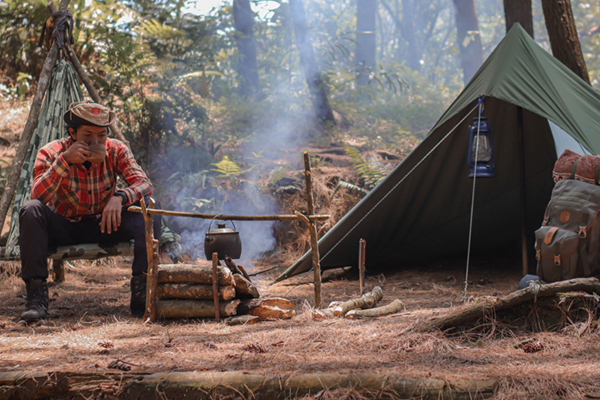Survival Stories:
-
Aron Ralston's Canyon Ordeal: Aron Ralston's story, famously depicted in the movie "127 Hours," details his harrowing experience when he became trapped by a boulder in a remote Utah canyon. He amputated his own arm to free himself.
-
Bear Grylls' Amazon Jungle Survival: Bear Grylls, the renowned survivalist, had to survive the Amazon rainforest, where he faced extreme humidity, dense foliage, and a lack of resources.
-
Shackleton's Endurance Expedition: The ill-fated 1914 expedition led by Sir Ernest Shackleton, which became a survival epic after their ship was crushed by ice in Antarctica. Shackleton's leadership and decision-making skills were instrumental in keeping his crew alive.
-
Stroud's Arctic Survival: Les Stroud, the "Survivorman," has ventured into harsh environments worldwide. In one episode, he survived for a week in the Arctic with minimal supplies.
Wilderness Survival Tips:
-
Prioritize Shelter: In extreme conditions, shelter is a top priority. Learn how to build a shelter using available materials or carry a lightweight, compact tent or tarp for emergencies.
-
Fire-Making Skills: The ability to start a fire can be a lifesaver. Practice making fire with various methods, including a fire starter, matches, or a magnesium fire starter.
-
Water Procurement: Knowing how to find, purify, or filter water is essential. Carry purification tablets, a water filter, or a small portable water purifier.
-
Navigation: Learn how to use a map and compass, and have a GPS device or smartphone with offline maps as a backup.
-
Survival Kits: Create a compact survival kit that includes essentials like a knife, first-aid supplies, signaling devices, and a whistle.
-
Food Procurement: Understand the basics of foraging, trapping, and fishing. Carry compact tools like snare wire and fishing gear in your kit.
-
Medical Training: Basic first aid knowledge can make a big difference in emergencies. Consider taking a wilderness first aid course.
-
Stay Calm: In a survival situation, maintaining a calm and positive mindset is crucial. Panic can lead to poor decisions.
-
Emergency Signaling: Carry signaling devices like a whistle, mirror, and a high-powered flashlight for attracting attention.
-
Learn from Nature: Observe the natural world for clues on finding food, water, and shelter. Animals and birds often lead to sources of water.
-
Leave a Plan: Always inform someone about your outdoor plans and expected return time. This can be a crucial safety measure.
-
Be Prepared: Preparation is key. Bring enough food, water, clothing, and emergency gear for your trip's duration.
Remember, wilderness survival is not about taking unnecessary risks; it's about being prepared and using your knowledge and skills to stay safe in challenging situations. It's essential to respect nature and follow Leave No Trace principles to minimize your impact on the environment.




Comments (0)